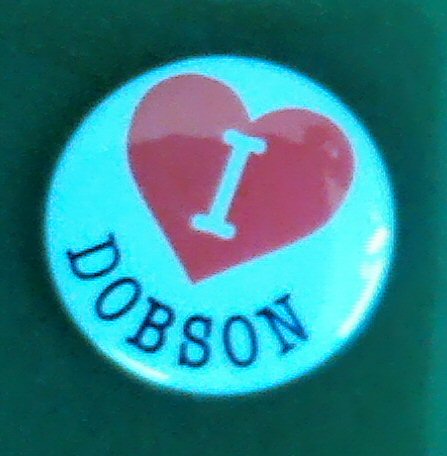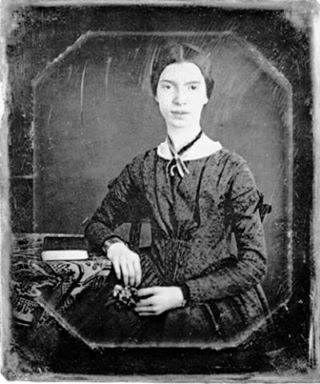Ulu Venv, the apothecary’s mute, O is he dead then? He is, he is ,dead and buried according to the tenets of the church of which he was a member, the Tremendously Fanatical Brotherhood Of Christ’s Bloody Wounds. The protocols of this sect require that the corpse of the deceased be pierced with no fewer than twenty knitting needles and stuffed into a burlap sack along with a lozenge of gutta percha and a sprinkling of talc, the sack fastened with safety pins and tossed down a well at midnight. Such was the end of Ulu Venv.
I was there. I witnessed his burial. I saw his corpse, raddled by scrofulous buboes, yet still recognisable as the Ulu Venv I had met on many occasions on my visits to the apothecary. I saw him pierced and stuffed into a sack, and I saw the sack fastened and tossed down a well. The well was one of my own. I have several wells on my property, none of them productive. I was happy, not to say desperate, to accept a fee from the Brotherhood for the use of one of my wells for the burial of their fellow.
What measure of man was he, Ulu Venv, this mute? I do not mean his physical measurements, which would be of no interest to anybody, and in any case would soon enough be redundant, as his mortal remains shrivelled and rotted within the sack of death. Take a tape measure to him a year hence and your readings would differ violently from any taken moments before he was stuffed into the sack. Violently! No, what I mean is the measure of him in moral terms.
Ulu Venv was mute and he was hapless. He had a great love of budgerigars, both as pets and snacks. Some budgerigars he coddled as pets for months on end before strangling them and roasting their still warm bodies on his little budgie-spit. Then he would transfer the roasted bird to a plate, tuck a napkin around his neck, and make quick work of it with a knife and fork, washing it down with a can of Squelcho! Afterwards he would belch and rinse his plate and cutlery under a spigot, and toss the empty Squelcho! can down a well. Sometimes this was one of my disused wells. I turned a blind eye, not difficult for me, as I am blind in one eye and have limited vision in the other, not unlike Charles Fort towards the end of his life, after all those hours spent in libraries poring over newspapers and scholarly journals. That is not the reason for my own occluded vision. I have never set foot in a library in my life. My own near blindness is an hereditary condition, for which I blame my father’s side of the family. It is said a distant forebear offended the King. In his anger the King cursed my ancestor, yea unto several generations.
Ulu Venv was not blind, but he was mute. The apothecary found this an exceedingly useful trait, for reasons I have not been able to ascertain. Nor have I attempted guesswork. What would be the point? Ulu Venv is dead now, at the bottom of one of my wells, and the apothecary has a new mute, a mute with a lantern jaw and a spiteful demeanour, O so unlike sweet tempered Ulu Venv!
There is a budgerigar perched on my windowsill. I feed it breadcrumbs, and pour a little puddle of Squelcho! into a dent for it to lap. I do this in memory of Ulu Venv, every morning. And though I cannot see them, I know that out there, across my fields, the Tremendously Fanatical Brotherhood Of Christ’s Bloody Wounds are gathered in a ring around one of my wells, and they are keening, keening, and will continue to keen until the cows come home. But the cows, now, are far, far away, and pointing in the wrong direction, and they may never come home again.





 This article was awarded one star – Mavis Handbasin, Editrix-in-Chief
This article was awarded one star – Mavis Handbasin, Editrix-in-Chief